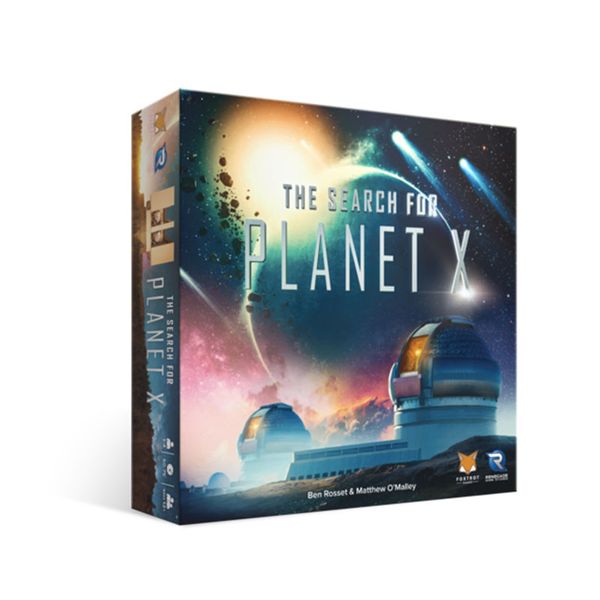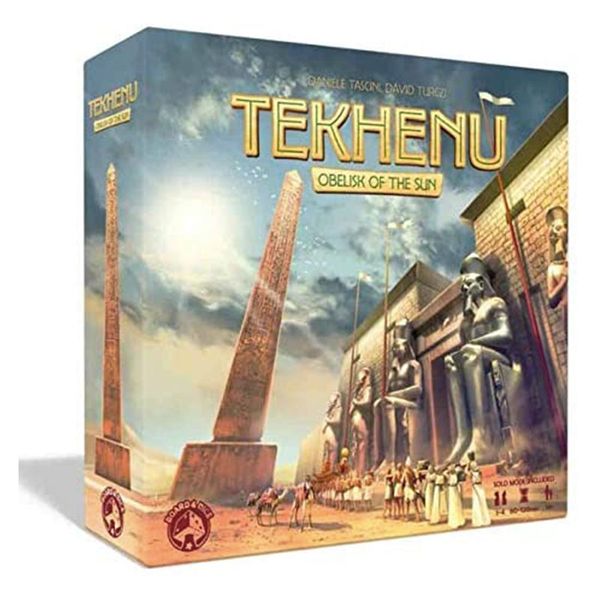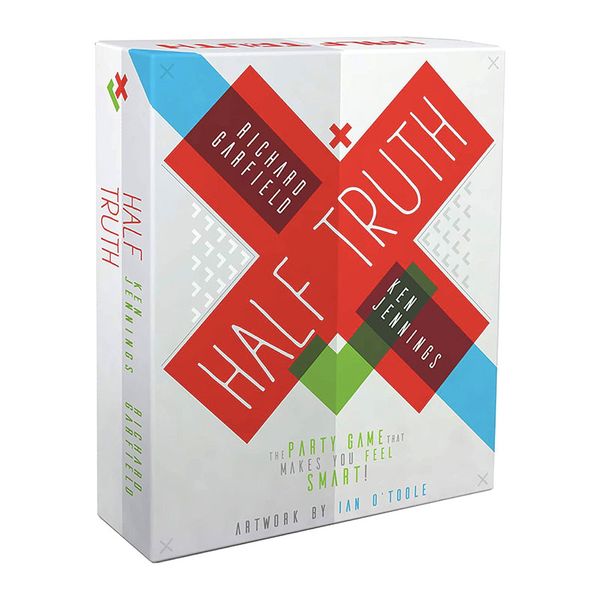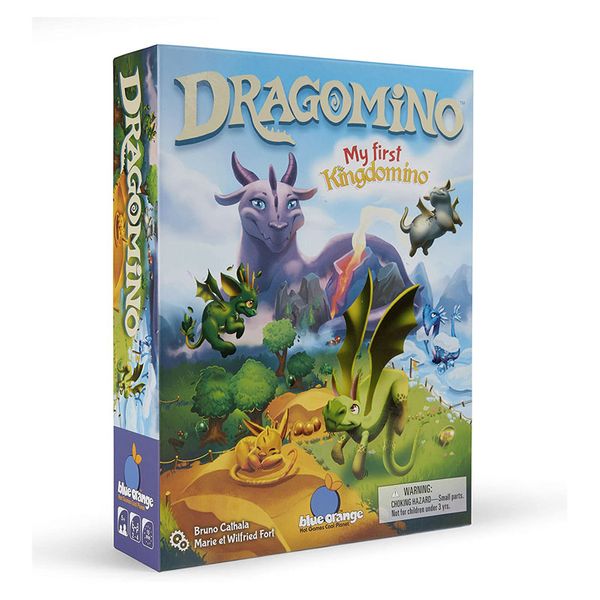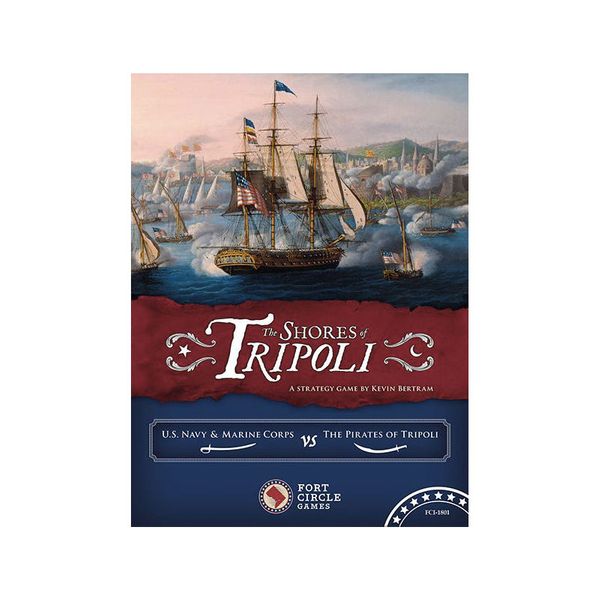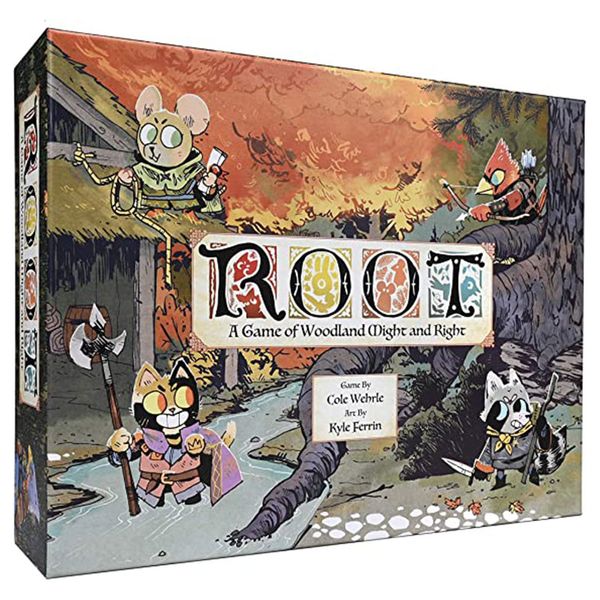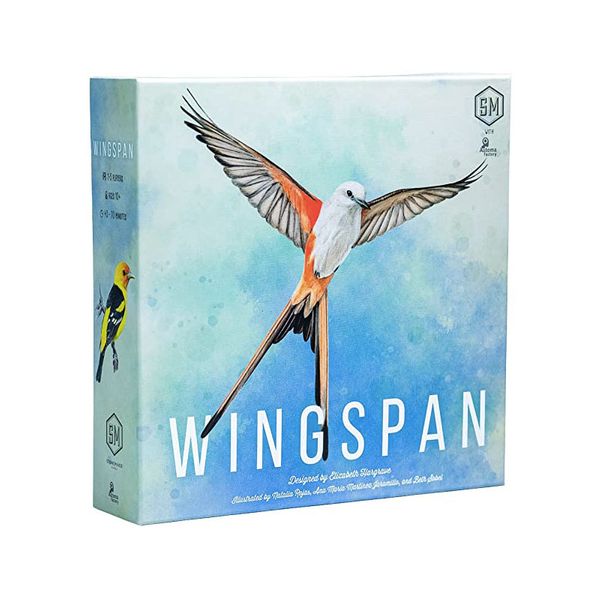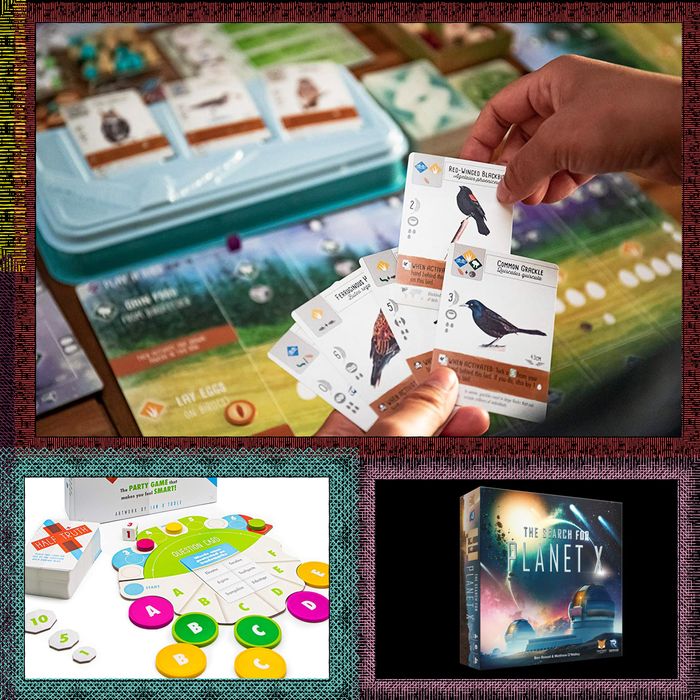
We’ve all been inside so much in 2020 that it seems like this should have been a huge year for homebound hobbies — like board gaming. That was probably only half true; the industry itself lost a lot of time to production delays, and saw all of the major board-game conventions, which are big sales and marketing opportunities, canceled and moved online. Several publishers streamlined their new product offerings, and the industry was hit by job losses just as every other industry was. There were still hundreds of new games this year, and I’ve played at least 40 of them, so here are my picks for the best new board games of 2020.
Best New Game
The Search for Planet X checks a lot of the boxes I want to see in a game of the year winner: It’s easy to learn; it works at a lot of different player counts (playing up to four, and working well as a solitaire game, too); and it’s fun — especially if, like me, you enjoy any kind of logic puzzle. The Search for Planet X draws its inspiration and theme from the real search for a ninth planet (sorry, Pluto) beyond the orbit of Neptune. Players are tasked with figuring out which of the 12 (or 18, in the advanced game) sectors in the sky contains the mystery planet, based on a small set of logic rules that they’ll learn over the course of the game. A sector can only contain one object at most, and you can also score points by figuring out what’s in each sector, so the game doesn’t just end abruptly when one person solves the puzzle. It’s been such a hit that it’s out of stock at many stores, although a new printing is due out in January.
Best Heavy Game
If you know the game Tzolk’in, another complex game with a busy-but-ingenious board, Tekhenu will feel familiar — especially since the two games share a designer. Tekhenu is a dice-drafting game at heart. Players can take dice from around the game’s central obelisk, but those dice can be in sunny, shaded, or dark regions depending on the round and their availability, and use can vary with the rotation of the sun. You have tons of choices for actions in the game — constructing buildings or statues or pillars, or grabbing more cards for extra onetime or ongoing bonuses — and don’t have to spend too many turns just gathering resources while you wait to do something fun. I found Tekhenu surprisingly easy to learn, although I made regular use of the reference cards to remember what various symbols meant. The real difficulty comes when you need to decide between all of the appealing options. (Get cards, though. Seriously.)
Best Party Game
Designed by Jeopardy! champ Ken Jennings and Magic: the Gathering creator Richard Garfield, Half-Truth manages to do two difficult things well: It’s a party game that doesn’t insult your intelligence, and a trivia game that doesn’t overestimate it. Each card in Half-Truth has a question or category at the top with six possible answers below. Half of those answers are correct, and half are wrong. To advance on the main track, you have to name at least one of the right answers. You can gamble, however, and try to name two, or all three — but if even one of your answers is wrong, you get nothing for the round. There’s also a die that alters the bonuses you get from additional correct answers, or might change the rules for that round so that you have to give one wrong answer instead.
I find most trivia games are either absurdly easy or rely too much on arcane or esoteric knowledge, and neither of those is fun. You want to be challenged, but not to the point where you don’t know any of the answers. Half-Truth’s questions aren’t obscure, and you’ll often know something of what’s on the cards — maybe one right answer and one wrong one — but you’ll rarely know the entire answer. And if you don’t know anything, you have a reasonable shot to get some points by guessing.
Best Kids’ Game
Kingdomino is a great family game that’s good for players 7 and up, with simple rules and enough randomness to keep younger players in the game without turning the whole thing into Sorry! or Candyland. Now there’s a version for even younger players, Dragomino, which keeps the spirit of the original but streamlines the rules even further so you can play it with kids as young as 4. Each player takes one domino-like tile from the four available each turn and places it in their own area. Each tile has two landscapes shown on it, and if you place it so that it is adjacent to a matching landscape in your area, you can take a facedown dragon egg of a matching color from the supply. Most have baby dragons on the other side, but some just have broken eggs. The player who has the most baby dragons at the game’s end is the winner. It’s a simple, fun game of color matching, and in our plays the kids loved it when they’d pick an egg token and find a dragon. It also plays in about 15 minutes, which is essential given the short attention spans of the target audience. And when your kids outgrow this one, you can just graduate them to Kingdomino instead.
Best Two-Player Game
An asymmetrical two-player game with a strong factual basis in American history, The Shores of Tripoli takes players back to the battle for the Barbary Coast at the turn of the 19th century, with one player playing as the U.S. and the other playing as the Barbary pirates. The U.S. player starts with all the gold, but not quite enough firepower, so the pirate player has a window to try to raid other cities and grab as much gold — determined partly by dice rolls on each raid — as possible. If the pirate player gets all 12 gold pieces, they win, but that becomes more difficult as the game progresses and the U.S. player can build more frigates — and eventually get help from the deposed Tripolitan pasha Hamet Karamanli’s army — to try to quash the pirates. Each player has a unique deck that they’ll go through once in the first four years (rounds), and can choose to save the most valuable cards for later or play them now to build more military units. It’s asymmetrical but still balanced, and there’s a ton of good historical information in the game and additional materials if you want to learn more about this somewhat forgotten episode in American and North African history.
Best App, All Platforms
Root is a real gamer’s game — a rule-heavy, asymmetrical game for up to four players (five with an expansion) where players represent different factions of animals fighting for resources and control of a forest. One faction controls most of the board at the start; another controls just one clearing, but has a large army to protect it and try to spread out; another tries to take over various clearings by fomenting discontent and revolts; the fourth just has one unit and tries to sneak around the board, grabbing resources and trading with all other factions for points. Developer Dire Wolf has made some incredible digital adaptations, including Sagrada and Raiders of the North Sea, but Root was their biggest challenge yet, with a more complex game and a larger board, requiring a different visual approach. They absolutely nailed it. The animations are cute but also help enhance game play, and the AI players are competent enough for inexperienced Root players to learn the game with decent competition. The in-game tutorial is also superb.
Best App, Steam Only
The best board game of 2019, and the best new game of the last five years, came to digital in 2020 … but only on Steam. (At least so far — a Switch port has been announced without a firm release date.) Wingspan is a card-management game where players gather bird cards and set them up in three habitats on their personal player boards, gaining more resources and powers the more bird cards they place. Monster Couch’s adaptation brings the fantastic art of the original game to the digital space, and gets a lot of information on to the main screen or side panels that are just a touch away. The game plays up to five players, but the AI players here are also competent enough for a strong solitaire experience. I’m hoping this goes to tablets in 2021, as the game deserves the widest possible audience.
Every editorial product is independently selected. If you buy something through our links, New York may earn an affiliate commission.
